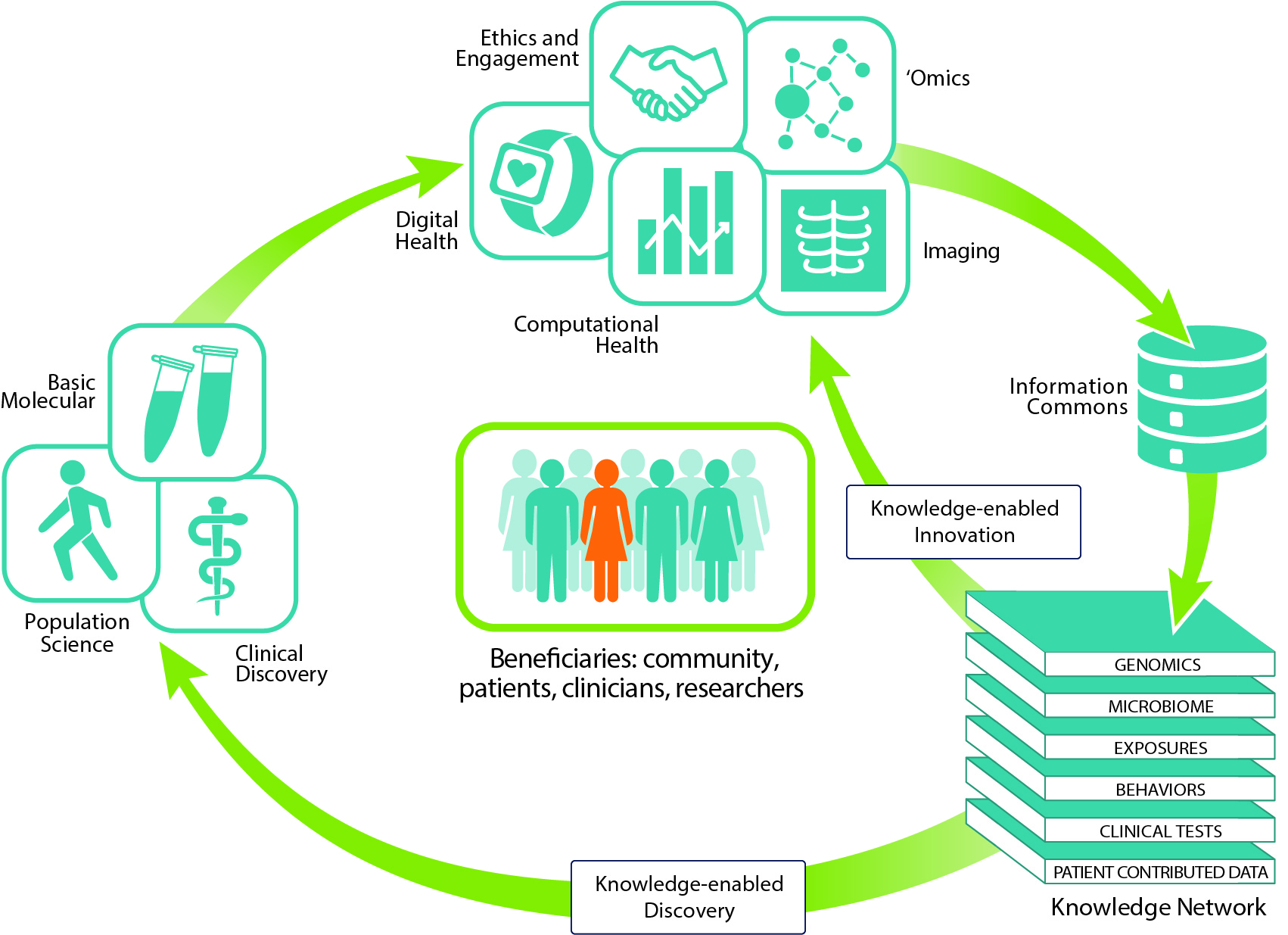
Doctors don't quite understand how people develop diseases and conditions, and how they react to treatments. This causes them to approach medicine as "one-size-fits-all," when in reality, there are many factors that will cause two people to react differently to the same treatment, regardless of if they have the same condition. For most medical cases, doctors simply wait until a disease is discovered, and then try to treat it. But this reactive method often results in errors, ineffective treatments, and unpredictable problems. Until now. Doctors have discovered a way to personalize prescription drugs based off of a person's unique genes.

Today, drugs and treatments developed to treat a specific condition are tested on a universal group of people, and prescribed based on statistical averages. This means that the drugs will work on some people, but not all, due to each person's varying genetic makeup. Hyper-personalized medicine is allowing healthcare providers to prescribe medicine based on a person's genes, and is beginning to overcome the drawbacks of traditional medicine such as allowing for prevention instead of reaction, improving disease detection, prescribing more effective drugs with less side effects, reducing the time, cost, and failure rate of pharmaceutical clinical trials, and eradicate the trial-and-error processes that drive up the costs of heath care and patient care.

With the ability to identify genetic diseases accurately, personalized medicine aims to allow healthcare providers to determine what type of therapy or treatment to use on a patient that will provide the best results. This will depend on the patient and their genetic makeup because some people are more susceptible to certain diseases or side effects than others. With this knowledge, we can also do a better job at preventing diseases and treating them, which will reduce the amount of trial-and-error and be more effective. Although it will take some time to implement these changes in technology for widespread and regular use, personalized medicine will be able to revolutionize the way patients are treated while lowering healthcare costs.